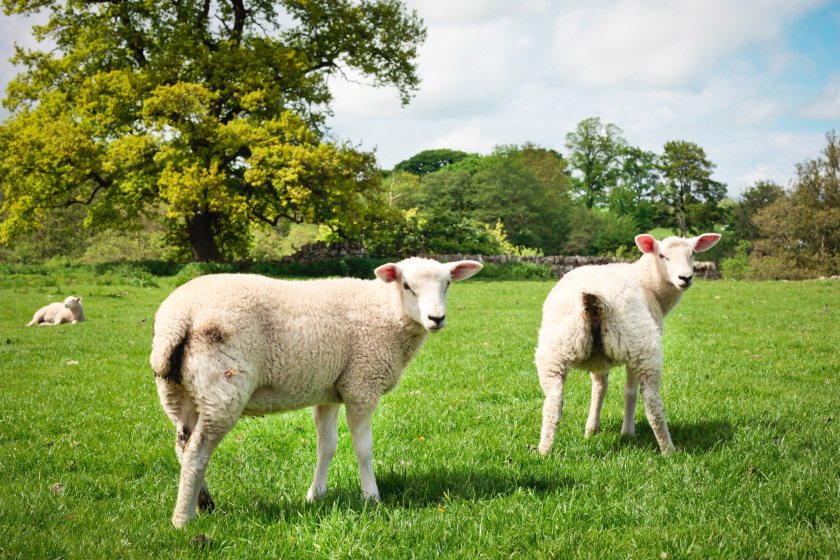
The government has issued a permit allowing the use of three unauthorised bluetongue virus serotype 3 (BTV-3) vaccines in the UK as cases surge.
While approval has been given, there is no licence available yet, with details around accessing and using the vaccine to follow in the coming days.
The vaccines are currently being used in mainland Europe against BTV-3 after being approved in the EU for emergency use.
Defra said available licences to allow use will include geographically targeted licences, initially in high-risk counties as part of a phased approach.
Counties identified as high-risk include Norfolk, Suffolk, Essex, Kent and East Sussex.
There have been dozens of confirmed BTV-3 cases on farms, but so far the virus is concentrated mainly in the East of England.
Keepers outside of these high-risk counties will be able to apply for specific licences through the APHA should they wish to use the vaccine.
General licences will be subject to risk assessment and free testing will remain available to farmers in high-risk counties.
Defra stressed that, unlike other BTV vaccines, these three available vaccines are suppressive, not preventative.
This means they will not prevent animals from being infected or being infectious, although they may reduce the clinical signs experienced.
Therefore all movement controls and trade restrictions in place will still apply to vaccinated animals, Defra confirmed.
Farmers will need to contact their private vet if they want to use any of the available BTV vaccines.
NFU President Tom Bradshaw said the announcement of an emergency authorisation for the BTV-3 vaccines was 'great news'.
He added: “We must now ensure that there is enough availability for livestock farmers in the high-risk area to use if they wish.”
He said that while the vaccines make no claim to reduce infectivity, they appeared to reduce mortality and the severity of clinical signs – "they will suppress the virus, not prevent it".
“While they won’t stop animals from becoming infected, they could reduce the impact of the disease on individual animals and therefore provide an animal welfare benefit.”
Defra explained that farmers will need a written prescription from a vet and the vaccine will need to be supplied by the vet.
It can be administered by the farmer providing a medicine record is maintained and made available for inspection. Animals must be permanently marked with official IDs.
Vets will need to inform Defra on a weekly basis of the number of doses prescribed and the number of farms to allow the government to monitor the uptake.
